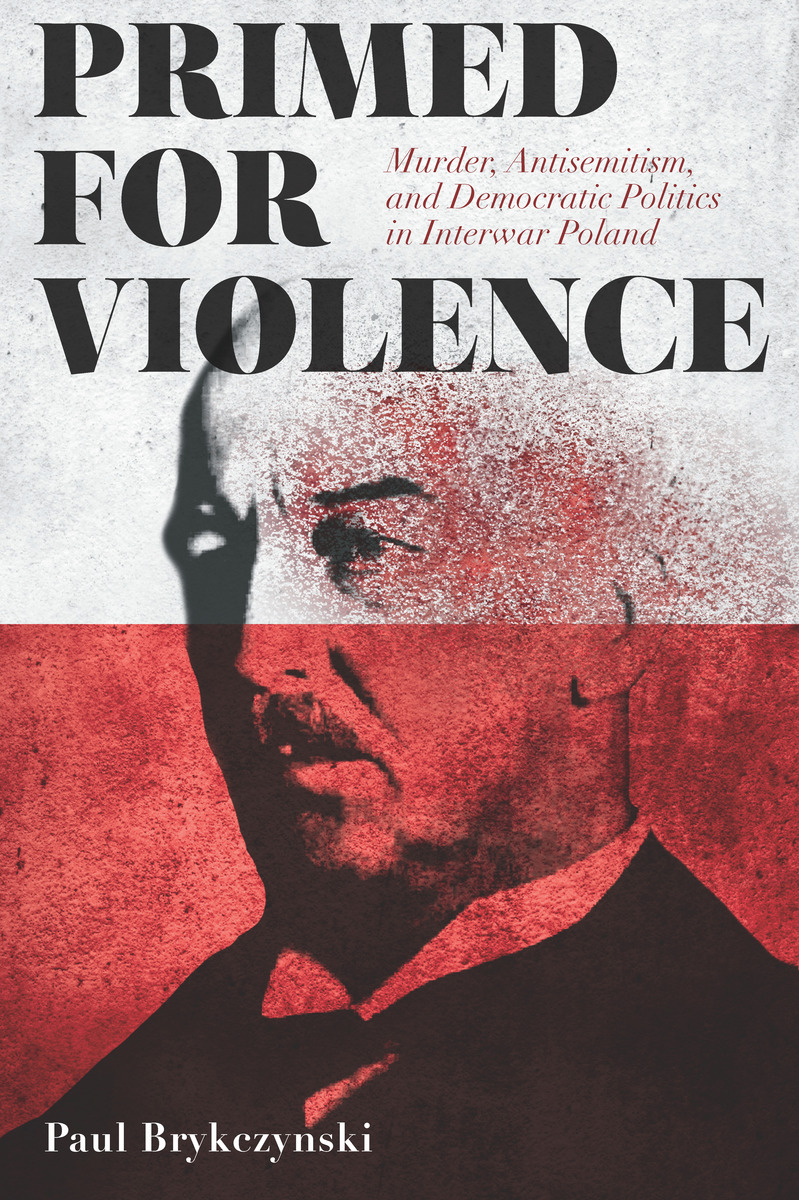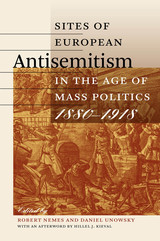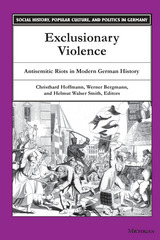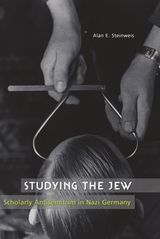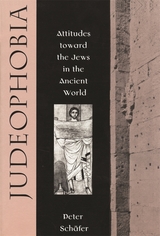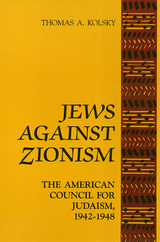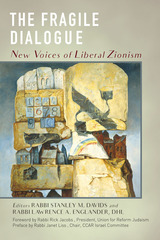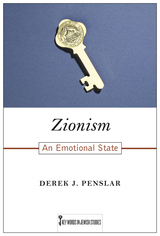Primed for Violence: Murder, Antisemitism, and Democratic Politics in Interwar Poland
University of Wisconsin Press, 2017
eISBN: 978-0-299-30703-5 | Paper: 978-0-299-30704-2 | Cloth: 978-0-299-30700-4
Library of Congress Classification DS146.P6B79 2016
Dewey Decimal Classification 305.892404380904
eISBN: 978-0-299-30703-5 | Paper: 978-0-299-30704-2 | Cloth: 978-0-299-30700-4
Library of Congress Classification DS146.P6B79 2016
Dewey Decimal Classification 305.892404380904
ABOUT THIS BOOK | AUTHOR BIOGRAPHY | REVIEWS | TOC | REQUEST ACCESSIBLE FILE
ABOUT THIS BOOK
In 1922, the new Republic of Poland democratically elected its first president, Gabriel Narutowicz. Because his supporters included a Jewish political party, an opposing faction of antisemites demanded his resignation. Within hours, bloody riots erupted in Warsaw, and less than a week later the president was assassinated. In the wake of these events, the radical right asserted that only “ethnic Poles” should rule the country, while the left silently capitulated to this demand.
As Paul Brykczynski tells this gripping story, he explores the complex role of antisemitism, nationalism, and violence in Polish politics between the two World Wars. Though focusing on Poland, the book sheds light on the rise of the antisemitic right in Europe and beyond, and on the impact of violence on political culture and discourse.
As Paul Brykczynski tells this gripping story, he explores the complex role of antisemitism, nationalism, and violence in Polish politics between the two World Wars. Though focusing on Poland, the book sheds light on the rise of the antisemitic right in Europe and beyond, and on the impact of violence on political culture and discourse.
See other books on: 1918-1945 | Antisemitism | Murder | Poland | Violence in Society
See other titles from University of Wisconsin Press
